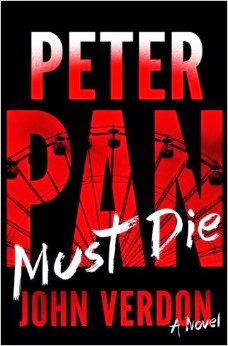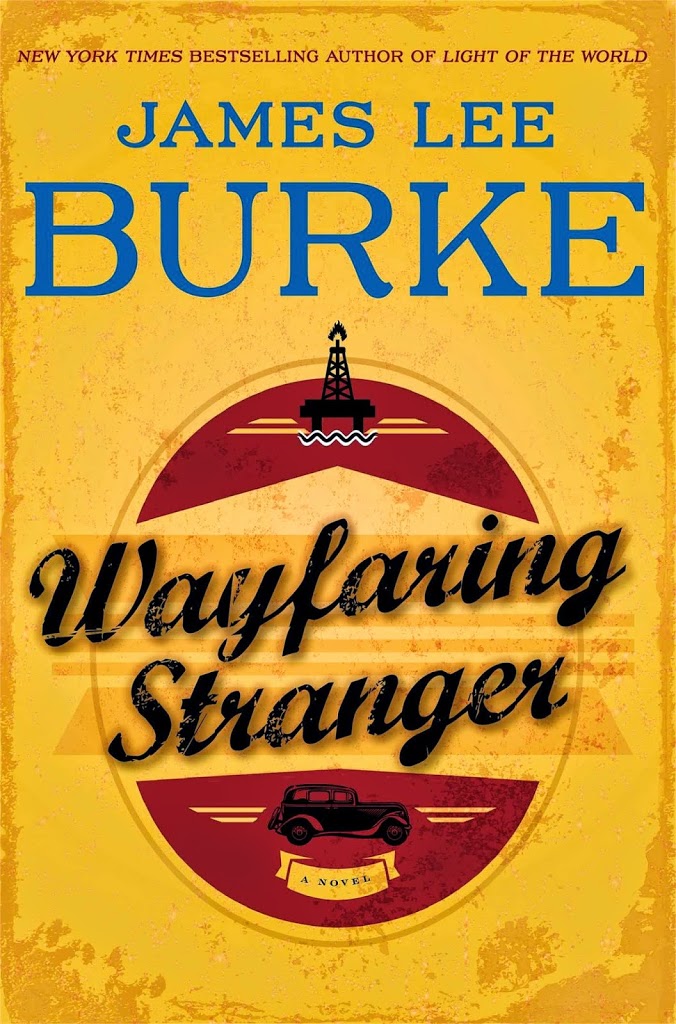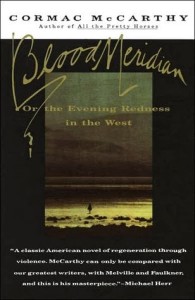It’s a holiday weekend so let’s keep this short. It’s summer, and a reader’s thoughts turn to that summertime read. Share with us, if you will, what book (or two) you are most looking forward to reading this summer.
I have many on my list but there are two at the top. The first, which I am currently reading, is the wonderfully titled PETER PAN MUST DIE by John Verdon. It is the fourth in the Dave Gurney series and features another seemingly unsolvable mystery. I am not all of the way through it by any means but from what I have read so far it appears to be Verdon’s best effort to date. An aspiring politician is struck dead by an assassin’s bullet. His estranged wife is tried and convicted of the murder. Gurney, a retired NYPD detective who just can’t get away from the job, quickly discovers everything with the district attorney’s case is wrong. It’s a whodunit and a howdunit. The other is WAYFARING STRANGER by James Lee Burke. It is a historical novel in the Huckleberry Holland canon, set in the 1930s and 1940s and perhaps closer to Burke’s very early work than what has come afterward. I cheated a bit and read a few pages and decided I needed to delay gratification until I had nothing else on my plate. If the opening lines are any indication of what is to follow, however, the quality of Burke’s prose will bring tears to your eyes.
Enough of me. What say you? And have a safe and enjoyable weekend!



